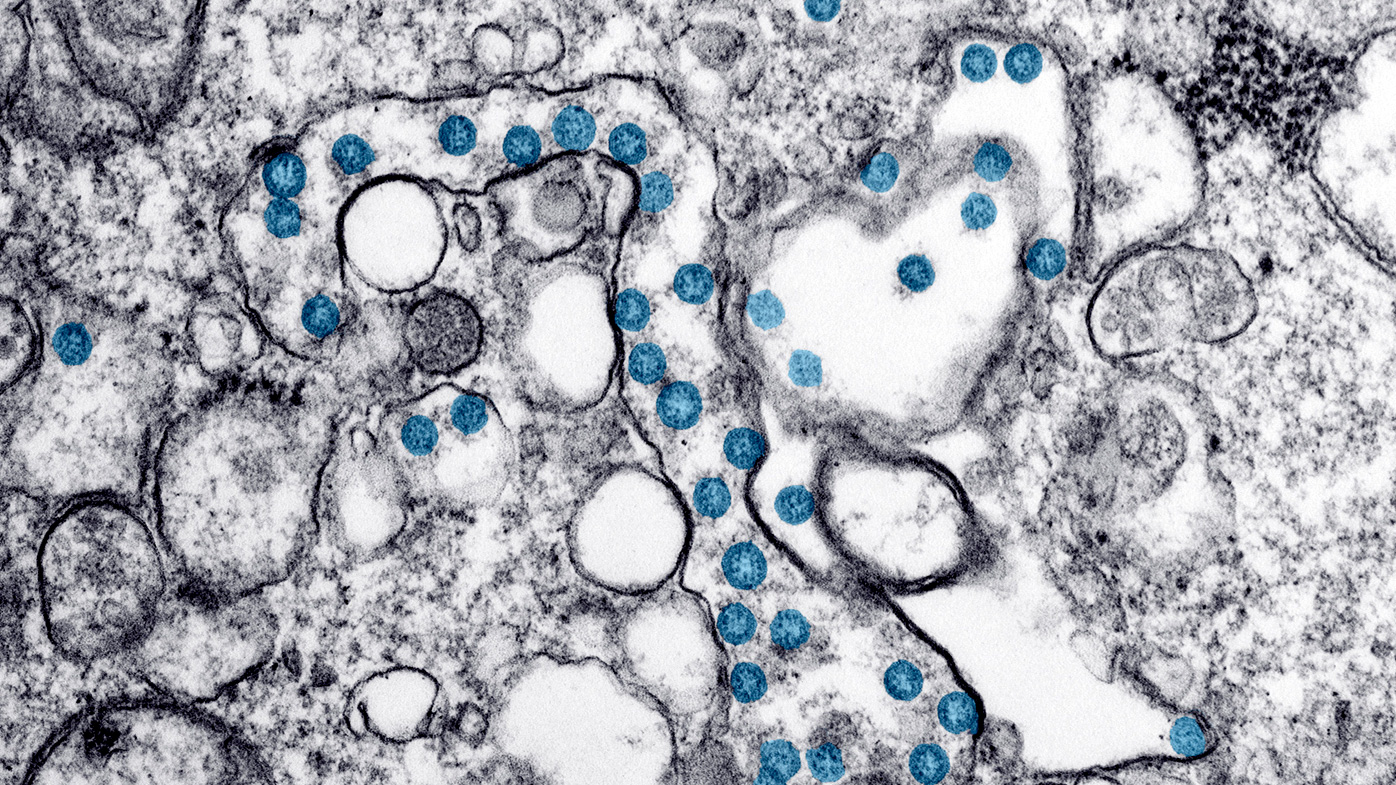The highly contagious Delta variant of COVID-19 will ambush countries which have slow vaccination rollouts and a weak uptake in preventative strategies, scientists have warned.
NSW Health Minister Brad Hazzard likened the Delta variant circulating Sydney to an Olympic gold medal long jumper because of the way it can infect people through the most fleeting of contacts.
And data from countries to have fought a Delta outbreak suggests the strain moves more easily among children than other strains of the coronavirus, prompting concern from the World Health Organisation.

READ MORE: Australia in grip of new COVID crisis
We look at all the key questions about the Delta variant, including where it came from and will the Pfizer and AstraZeneca vaccines protect people against it.
What is the Delta variant?
Formerly known as B.1.617.2, or the Indian strain, Delta is the name given to a new variant of the strain which devastated India during its second wave.
Is the Delta variant more transmissible?
It is widely accepted Delta is more transmissible than the Alpha variant, which is also known as the UK variant. NSW Premier Gladys Berejiklian said health advice she has received puts Delta at twice the transmission rate of other variants. NSW Health officials said review of CCTV footage shows some people have been infected through only the very briefest of interactions. Research in the UK found Delta is 60 per cent more transmissible than the Alpha variant.
READ MORE: Christmas vaccination goal still possible, expert claims
Why is it more transmissible?
Scientists don't know the answer to that yet. But there are indications it can spread in just 5-10 seconds of contact.
Is Delta more transmissible between young people?
It could be. The Delta variant was found in 140 outbreaks in schools and educational settings in the United Kingdom, according to UK government data. A number of young children have tested positive at Sydney schools in the most recent Bondi outbreak.
So what does this all mean?
Israel and the United Kingdom, two nations which have far superior vaccination rates compared to Australia (just four per cent of the population), are now seeing a noticeable lift in daily cases because of Delta.
Dr Stephen Griffin, a UK virologist at the University of Leeds school of medicine, told The Guardian that countries must do better with vaccination rollouts and preventative measures or risk Delta becoming seriously problematic.
"This is the problem with hanging everything on vaccines until you've got something near a population immunity threshold … you need a much higher coverage to protect against a variant that's more transmissible," he said.
"It just speaks to the fact that we really, really must keep cases down at the same time as rolling the vaccines out."
How did Delta enter Australia?
That is not conclusively known. But it most likely emerged out of a hotel quarantine system.
Globally, where has Delta been detected?
At least 92 countries, so it is very common.
Do the vaccines work against Delta?
Early data suggests the vaccines are a little less effective against Delta. But experts say after two doses the results give reason for confidence. Some studies show, after two doses, Pfizer is 88 per cent effective against Delta, with AstraZeneca lower at 59.8 per cent.
How do the second jabs work again?
Currently, all vaccines deployed in Australia need a second dose to be effective. Pfizer's has a 21-day waiting period between doses, but there is a 12-week gap for AstraZeneca.
What is the Alpha variant?
The Alpha variant is the name given to the variant that hit the UK hard last year.
And the Kappa?
The Kappa variant was first detected in India and is the strain which was circulating in all cases in this latest Victoria outbreak – that is, until Delta was discovered.
And there is also a Gamma, right?
Gamma is circulating in Brazil, which has some of the worst fatality and case numbers in the world. Brazil has recorded unusually high numbers of young children dying, as well as pregnant women and unborn babies.
